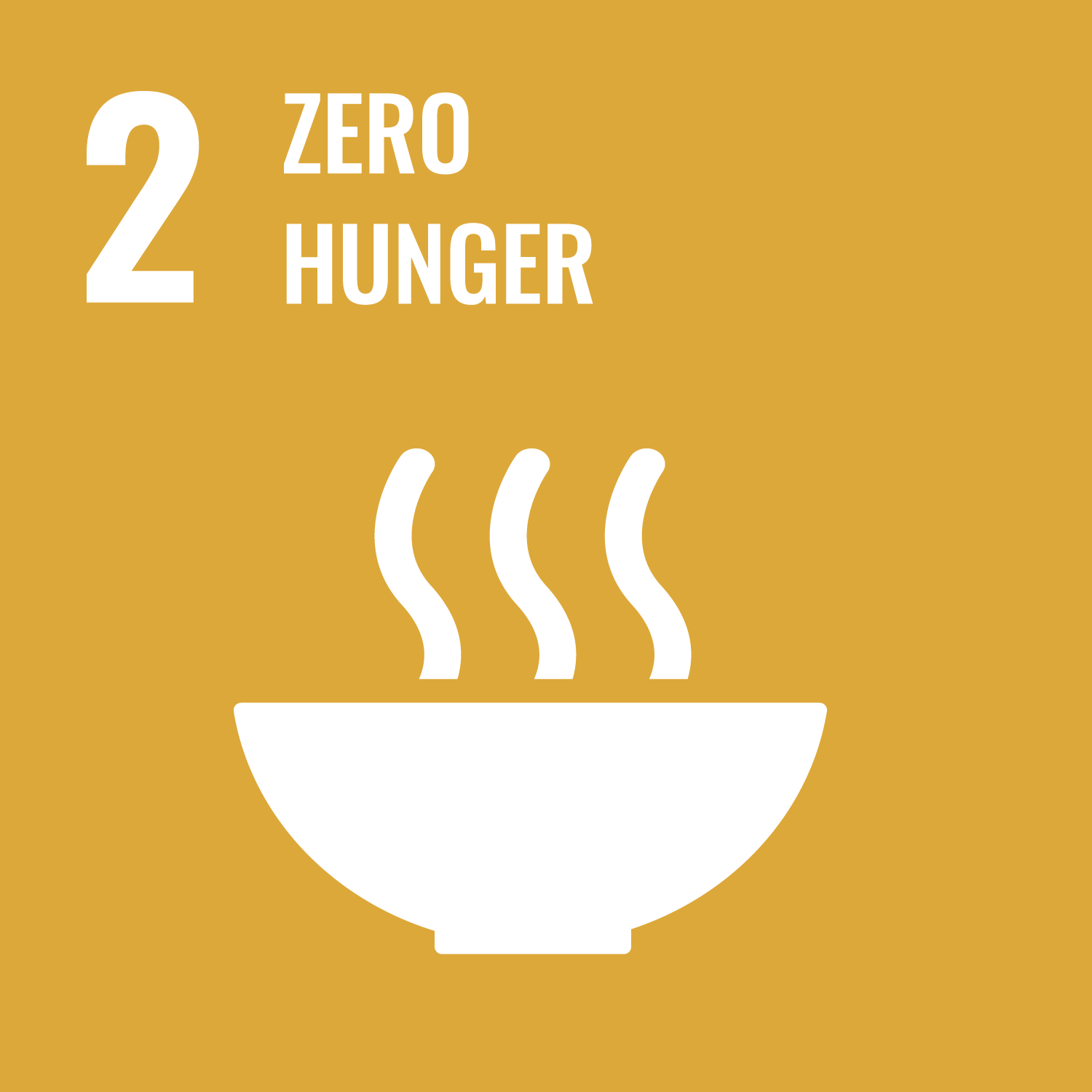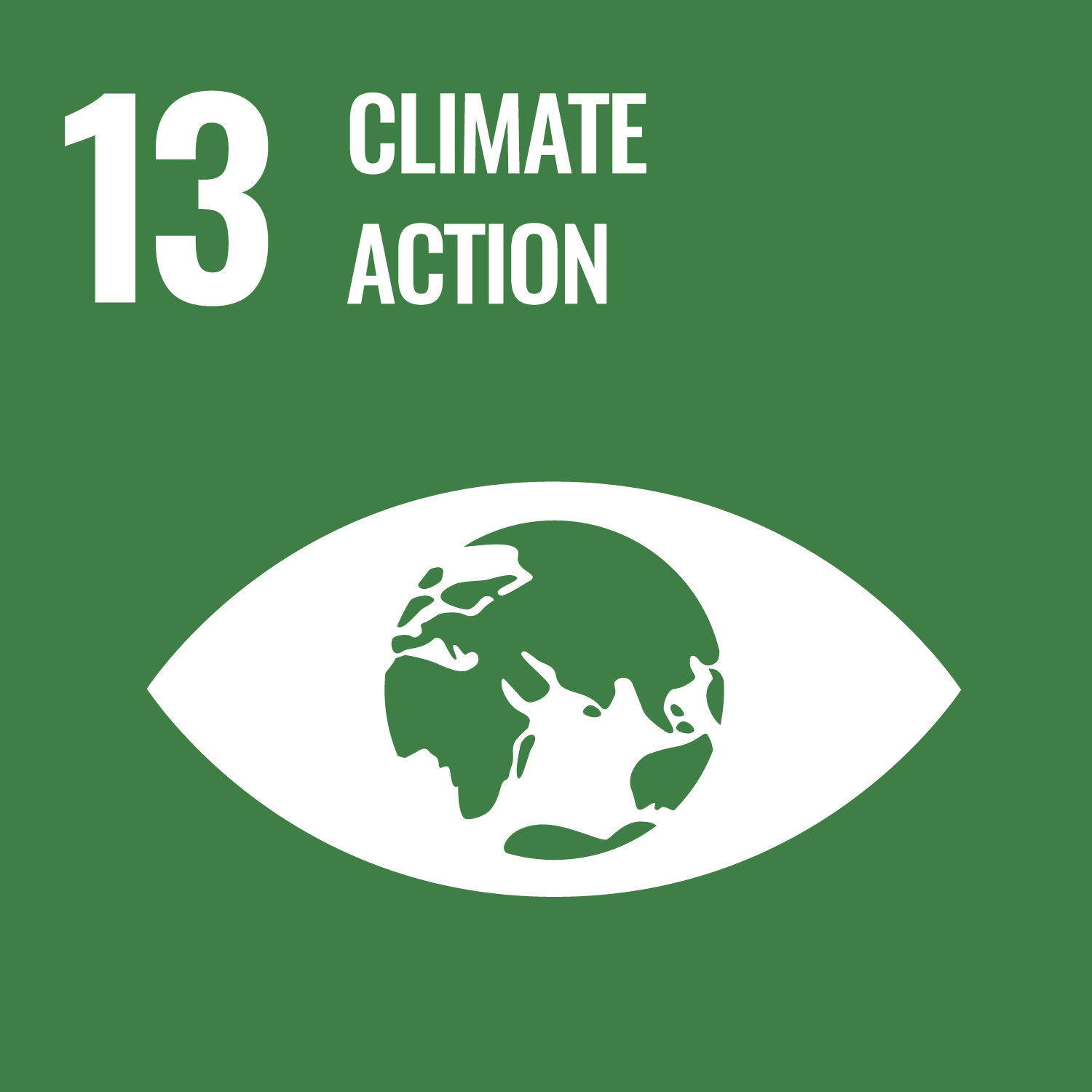Establishing a sustainable market for the development of a locally produced, complementary food product in Liberia
Aligned SDGs



- Establishing a sustainable market for the development of a locally produced, complementary food product in Liberia
- General overview
- Intervention
- Location
- Last data update
- Spreadsheet of data
- Establishing a sustainable market for the development of a locally produced, complementary food product in Liberia
- General overview
- Intervention
- Location
- Last data update
- Spreadsheet of data
General overview
Stage of development: Scoping
Policy sectors: Agriculture / Environment and climate change
Type of instrument: Outcomes Fund / Payment-by-results (no pre-financing)
Delivery locations: Liberia
Country classification: Low-income
Intervention
Social or environmental challenge
Malnutrition is a significant problem in Liberia, especially among children under 5, and it has been worsened by a combination of factors including Conflict, COVID-19, and Climate change. These issues have had far-reaching effects on the country's economic viability. The COVID-19 pandemic has disrupted food supply chains and strained already limited resources for families. Climate change has further impacted Liberia's agriculture and food systems, causing unpredictable flooding and droughts that disrupt food production. This has contributed to an economic crisis, further affecting small and medium-scale enterprises linked to agriculture and nutritious food production. To address these challenges this initiative is seeking to enhance local production of nutritious food by engaging with women and youth-led SMEs to strengthen the food systems value chain by nurturing local expertise in food processing and nutrition, communities will be empowered to take charge of their nutritional needs, fostering long-term resilience against food security challenges
Description of the intervention
"We are proposing an innovative initiative aimed at addressing food insecurity and malnutrition among vulnerable populations in Liberia, particularly children under 5. The proposed concept involves partnering with small-scale local food producers to develop a cost-effective and marketable product that can serve as a food supplement in line with small-quantity lipid-based nutrient supplementation (SQ-LNS), supporting families in providing their children with an affordable, sustainable optimal diet.
Our project seeks to optimise local production of nutritious food through market linkages and capacity building for smallholder farmers, with a strong emphasis on climate-resilient practices. By fostering partnerships between smallholder farmers, SMEs, and other stakeholders, we aim to create decent work opportunities for the local community while building resilience to climate change impacts.
By working with Mothers Support Groups already active within their communities, the initiative will also expand nutrition education outreach to reach more mothers and increase demand for the complementary food product. These groups will be instrumental in helping mothers adapt to seasonal food availability, ensuring they can consistently offer their children a nutritionally complete diet.
This initiative, driven by collaboration, innovation, and evidence-based strategies, holds the potential to create lasting positive change, improving lives and contributing to Liberia's sustainable development."
Location
Country:
- Liberia
Locality:
- Liberia
Last data update
Data for this pipeline project was last updated in August 2023
You might have noticed that some pipeline projects have more data than others. This is because organisations can share as much data as they want with the INDIGO initiative. If you have more data on one of these pipeline projects and would like to share with us, please get in touch at indigo@bsg.ox.ac.uk. Our full list of variables and data definitions can be found here.
Spreadsheet of data
Important Notice and Disclaimer on INDIGO Data
INDIGO data are shared for research and policy analysis purposes. INDIGO data can be used to support a range of insights, for example, to understand the social outcomes that projects aim to improve, the network of organisations across projects, trends, scales, timelines and summary information. The collaborative system by which we collect, process, and share data is designed to advance data-sharing norms, harmonise data definitions and improve data use. These data are NOT shared for auditing, investment, or legal purposes. Please independently verify any data that you might use in decision making. We provide no guarantees or assurances as to the quality of these data. Data may be inaccurate, incomplete, inconsistent, and/or not current for various reasons: INDIGO is a collaborative and iterative initiative that mostly relies on projects all over the world volunteering to share their data. We have a system for processing information and try to attribute data to named sources, but we do not audit, cross-check, or verify all information provided to us. It takes time and resources to share data, which may not have been included in a project’s budget. Many of the projects are ongoing and timely updates may not be available. Different people may have different interpretations of data items and definitions. Even when data are high quality, interpretation or generalisation to different contexts may not be possible and/or requires additional information and/or expertise. Help us improve our data quality: email us at indigo@bsg.ox.ac.uk if you have data on new projects, changes or performance updates on current projects, clarifications or corrections on our data, and/or confidentiality or sensitivity notices. Please also give input via the INDIGO Data Definitions Improvement Tool and INDIGO Feedback Questionnaire.